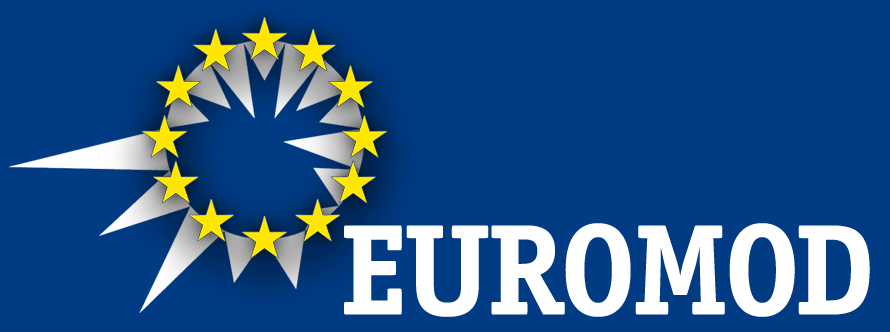
Projects related to development of the EUROMOD microsimulation model
Projects realized in partnership with the Institute for Socio-Economic Research (ISER), University of Essex focused on development of the Polish module of the EUROMOD microsimulation model. In these projects the development of the EUROMOD model has been financially supported by the European Commission.
CenEA has been cooperating with the ISER team on the development of the European microsimulation model through participation in a number of projects realized in:
EUROMOD 2019: update of the Polish module of EUROMOD to 2017 EU-SILC data and 2019 tax and benefit system
EUROMOD 2018: update of the Polish module of EUROMOD to 2016 EU-SILC data and 2018 tax and benefit system
EUROMOD 2017: update of the Polish module of EUROMOD to 2015 EU-SILC data and 2017 tax and benefit system
EUROMOD 2017: update of the Polish module of EUROMOD to 2014 EU-SILC data and 2016 tax and benefit system
EUROMOD 2017: update of the Polish module of EUROMOD to 2013 EU-SILC data and 2015 tax and benefit system
EUROMOD 2017: update of the Polish module of EUROMOD to 2012 EU-SILC data and 2014 tax and benefit system
EUROMOD 2017: update of the Polish module of EUROMOD to 2011 EU-SILC data and 2013 tax and benefit system
EUROMOD 2017: update of the Polish module of EUROMOD to 2010 EU-SILC data and 2012 tax and benefit system
EUROMOD 2017: update of the Polish module of EUROMOD to 2009 EU-SILC data and 2011 tax and benefit system
An additional project was subcontracted with the Catholic University of Leuven:
Modelling indirect taxes in the EUROMOD model
Duration: May 2016 – September 2016
Imputation of expenditure patterns and the implied burden of VAT and excise from the Polish Household Budget Survey data to EU-SILC data with the aim of extending the EUROMOD microsimulation model to cover indirect taxes.

